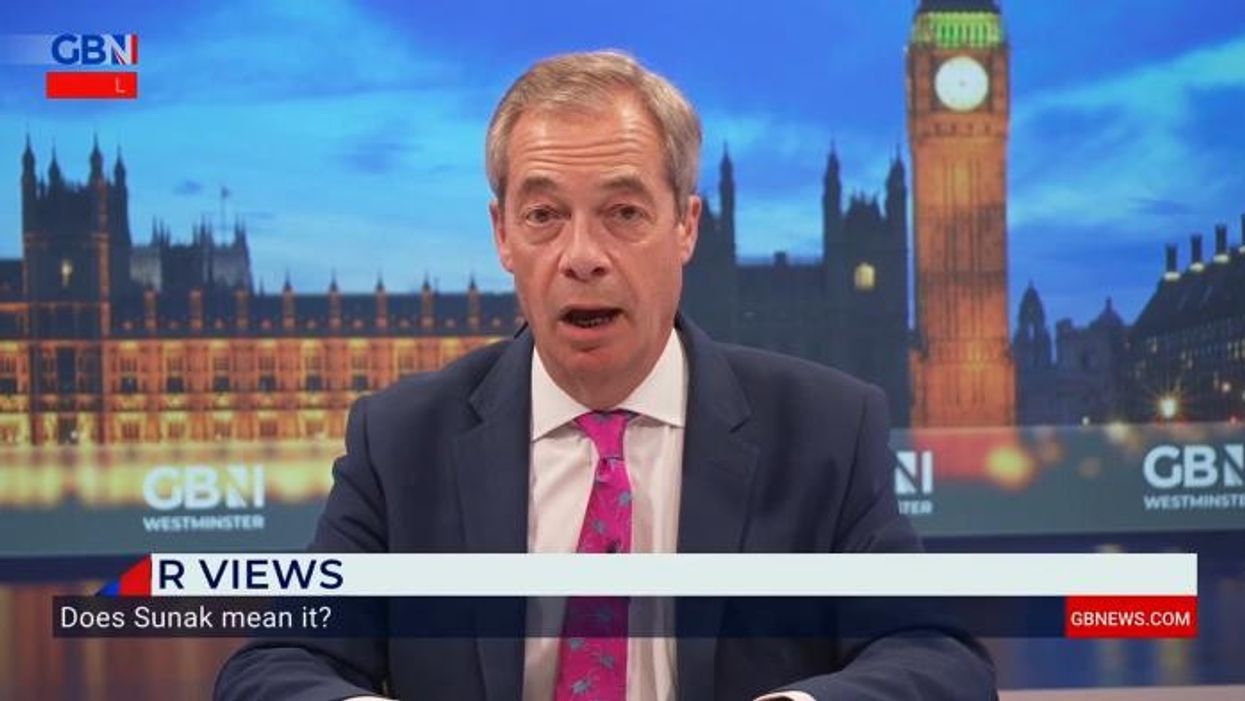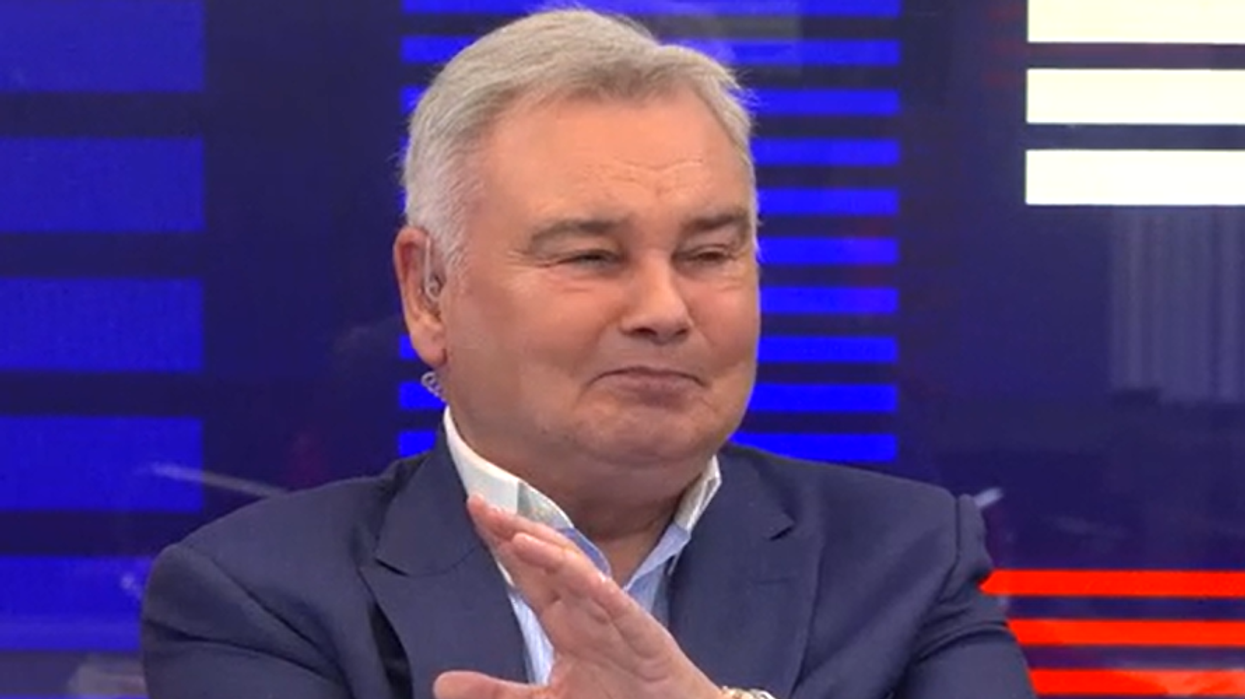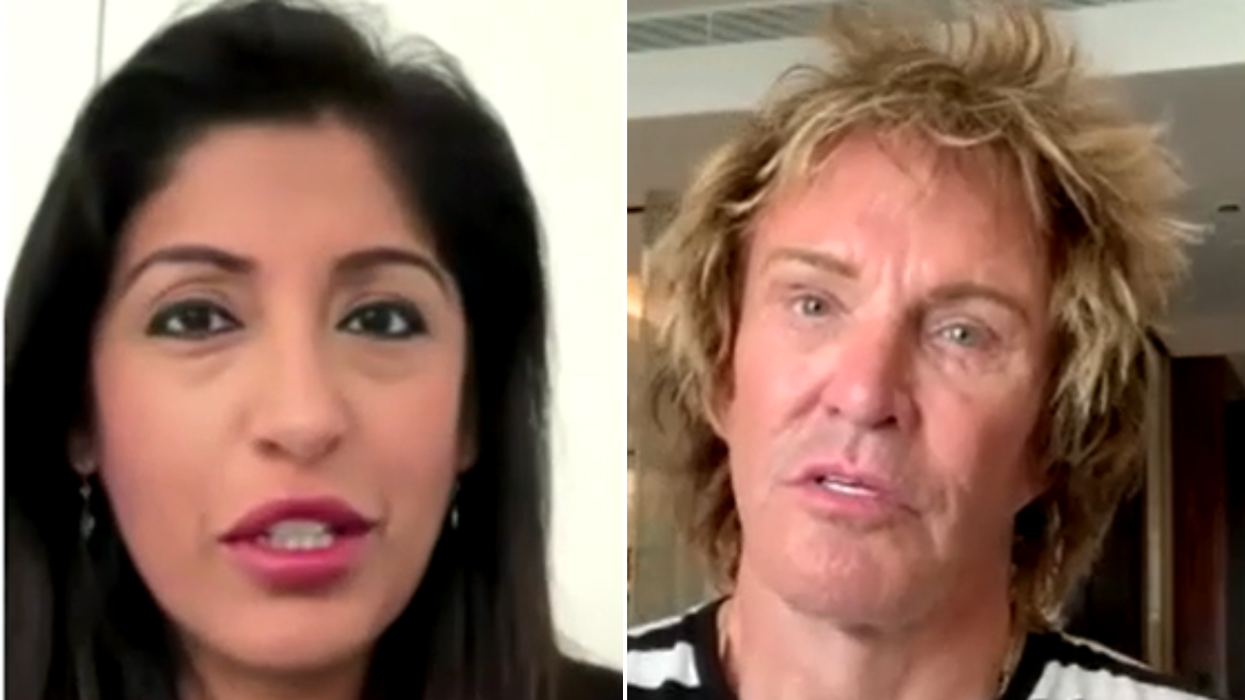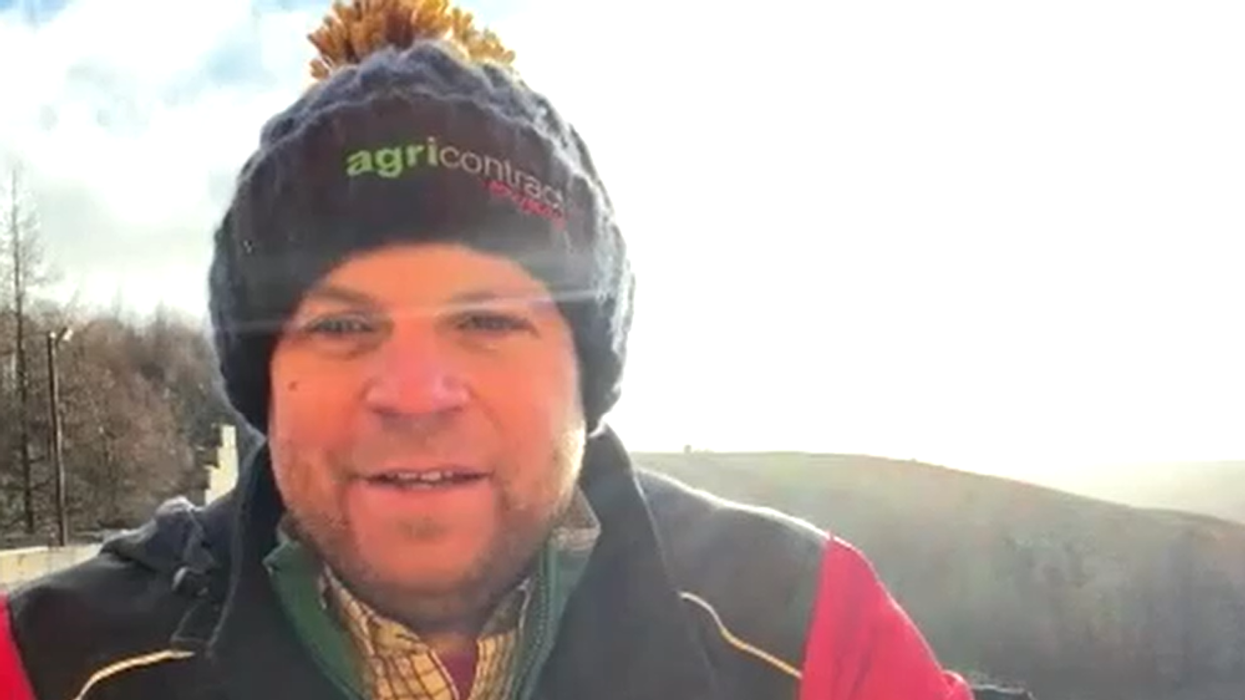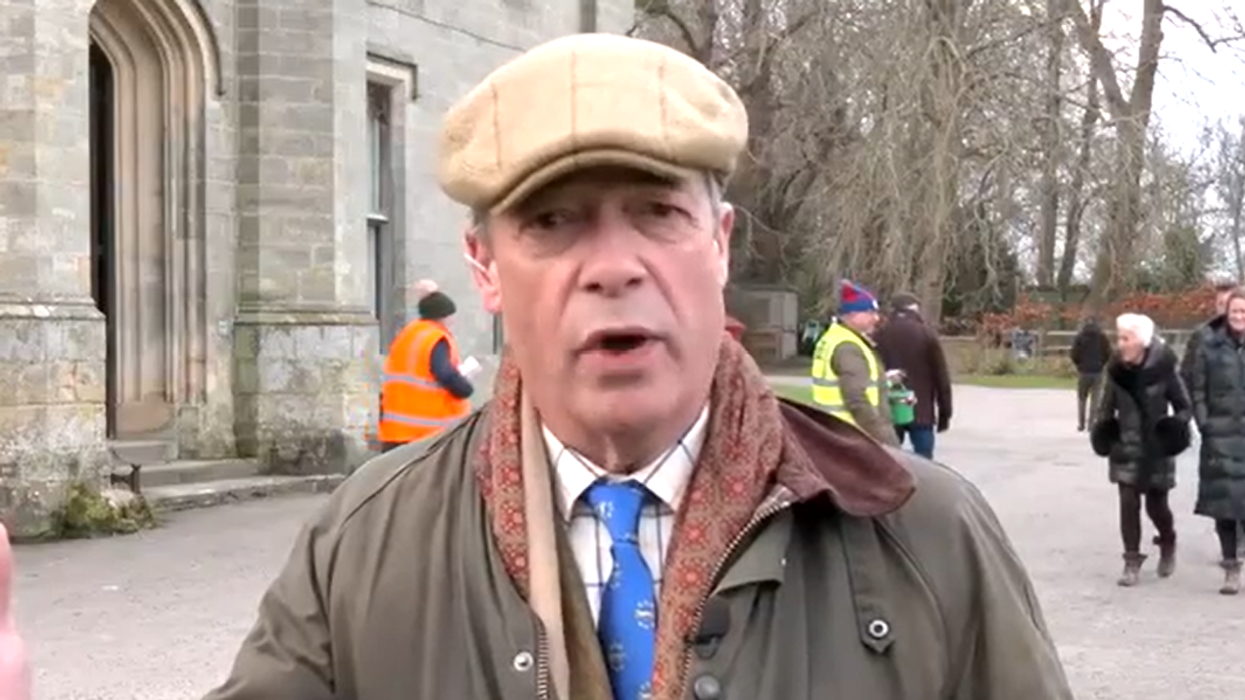
He said he believed people were coerced and bullied into converting to Islam
The hero of the London Bridge terror attacks, Steve Gallant, has said he found the lack of action by prison authorities over the growing violence and intimidation by Muslim gangs “profound” and warned it risks spreading out into society.
He said he believed people were coerced and bullied into converting to Islam and the fear of gang violence stopped people from participating in rehabilitation programmes.
Speaking on GB News, Gallant said: “I spent a very long time in prison. But one of the first prisons I went to was HMP Frankland, which was relatively quiet at that time until we had an influx of people being convicted of terrorist related offences.
“At first, some of the prisoners that were there took offence to their presence and they set about attacking them and stuff like that. And then light tit-for-tat skirmishes started off.
“But then more started to influx into the prisons and the number started to grow and they started to retaliate.
“At that time, we saw some pretty grotesque violence; some guys had oil poured over their head and then a retaliatory attack with someone else getting hot oil poured over their head. It was bad stuff and it just exploded into this quite large gang war between two sides.
“My concern is that everyone has a right to convert to anything they want; we have a free society. But from what I saw in the prison system, people weren’t converting because suddenly they became pious.
“I saw people converting because some of them were scared. Some were coerced and some thought, well, this is the most powerful gang and I can get protection. So they joined it, in my opinion, for the wrong reasons. And when I look at those figures now I wonder, to what extent, how many of those people have converted for that reason?
“I've never come across [Sharia courts] because it's a very funny and dynamic place, the prison system, and things are hidden behind closed doors. You can go behind your cell door with a group of people and do what you want.
“It seems there is a lot of timidity going on. In one prison I was in a Cat B called HMP Gartree.
“At the time they allowed a number of Muslim prisoners to start praying in the education block, which is fine, but then it spilled out into the wings.
“Again, okay, you’re okay to pray, but the problem was that some of these gangs who were praying, five minutes earlier had been attacking people, and it's very intimidating for people on the wings.
“I felt it was done to appease but it wasn't respected at all, they saw the authorities as weak for allowing them to do that. So it wasn't respected.
“I know there's been some efforts to do something about it but when you look at the state of the prison system, when you look at the lack of staff, the lack of retention, the lack of resources and bad morale, and it's getting worse and worse and worse.
“And if it’s getting worse, how are these things which I saw all those years ago being tackled? It doesn't look good.
“One of the things when you've got a gang - it could be any gang - but in this particular instance Islamist who are gaining influence across the prison system, you've got two problems that come from that.
“One is yes, those ideas can be spread to people who might one day get out, and that puts society in danger.
“And the other is when you have gangs holding sway on prison landings, it creates fear, and when people are scared and thinking about their survival, they're not thinking about education and rehabilitation and what they want to do when they get out.
“They’re thinking about that; how to survive from day to day.”
Speaking about the London Bridge terror attacks Gallant said: “It was my first day out of prison, first day in fourteen and half years and funnily enough it was my first act of violence in fourteen and a half years, so I stayed out of trouble all those years. Thankfully, this time, it was for the right reasons.
“It was a terrible event. We lost two amazing people but thankfully, I was there to stop a little bit more from happening and I intervened that day and ended up taking Usman Khan down on London Bridge where he was ultimately shot dead.”
WATCH CLIP ABOVE FOR MORE


